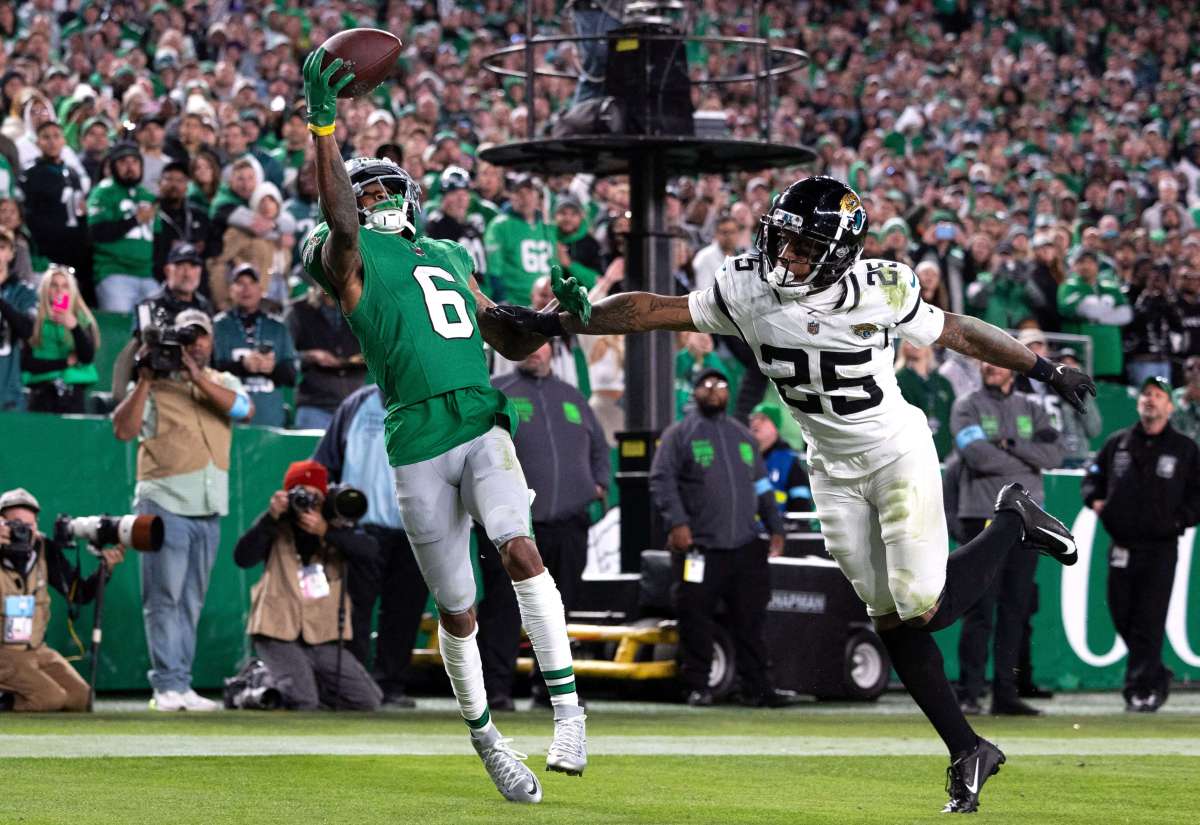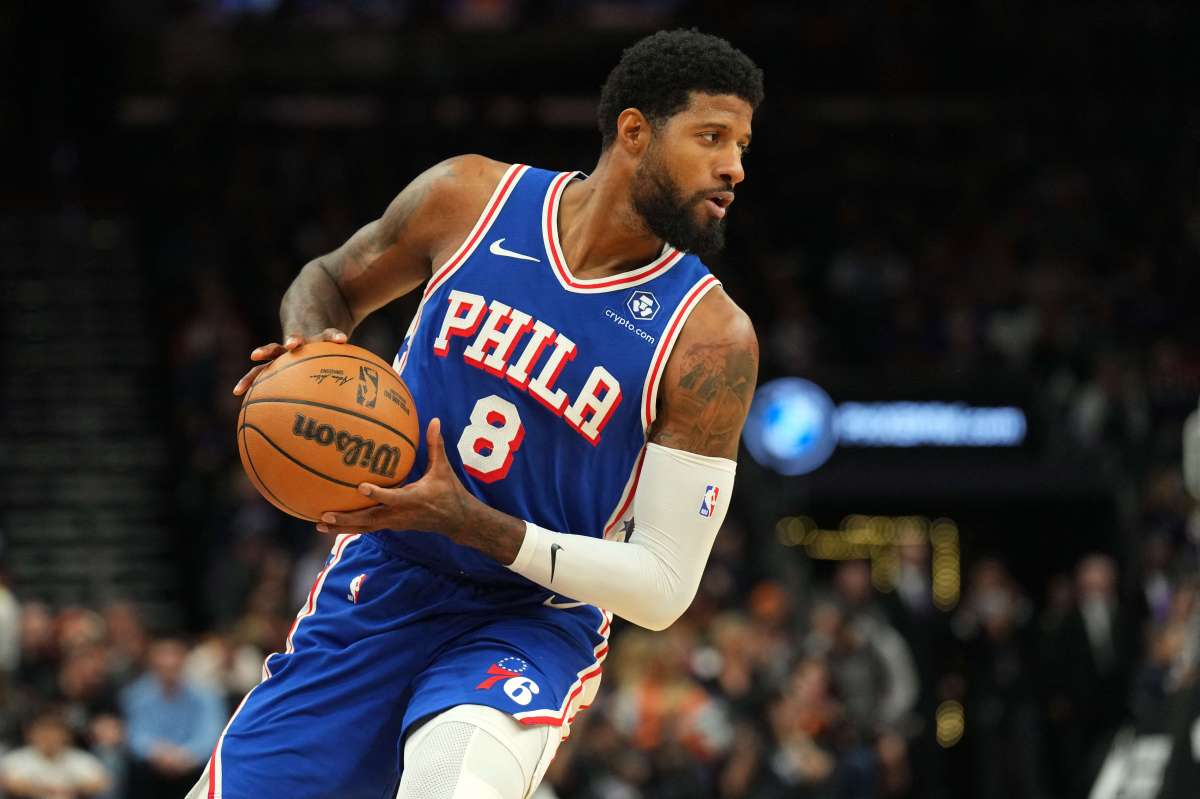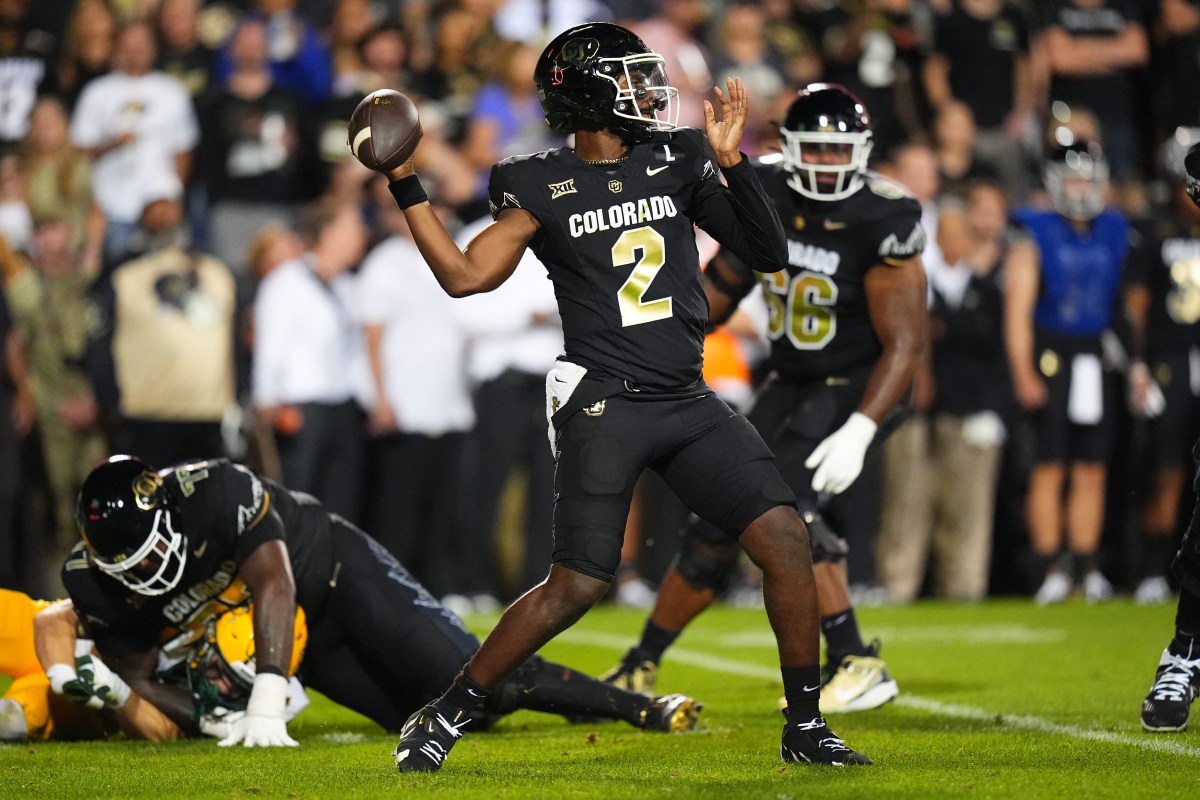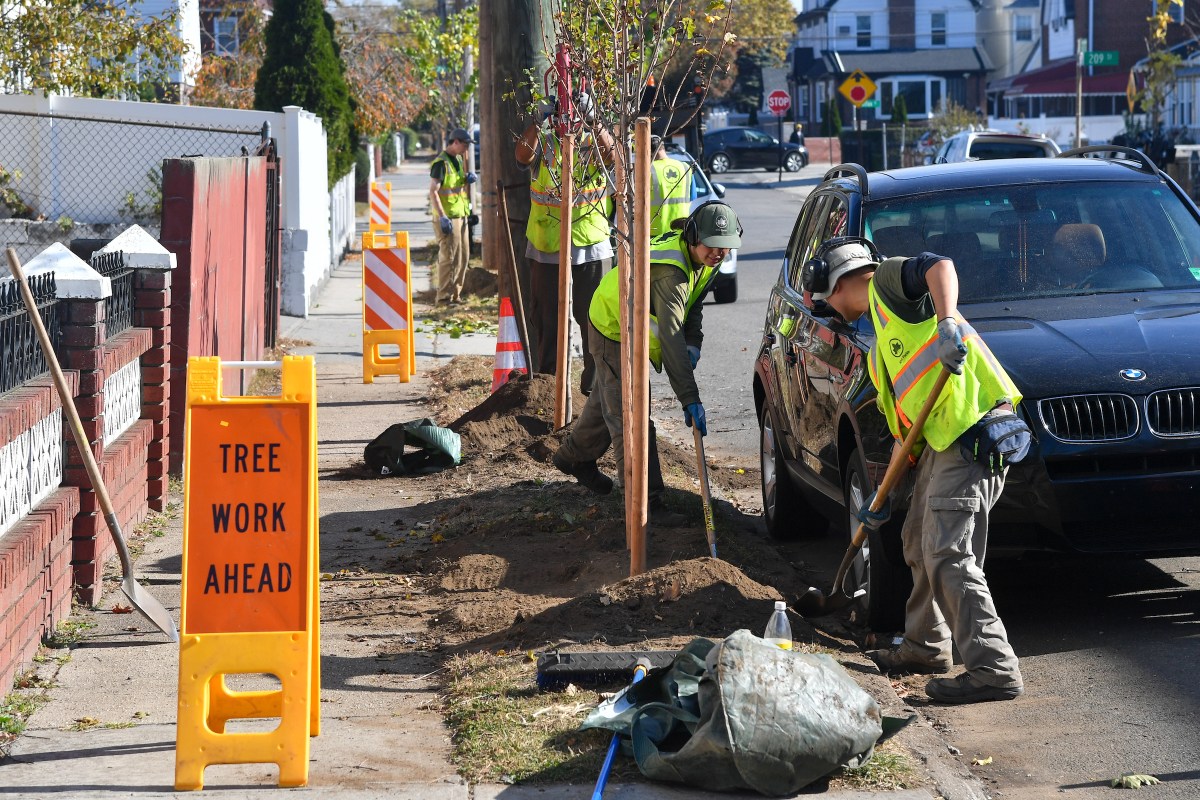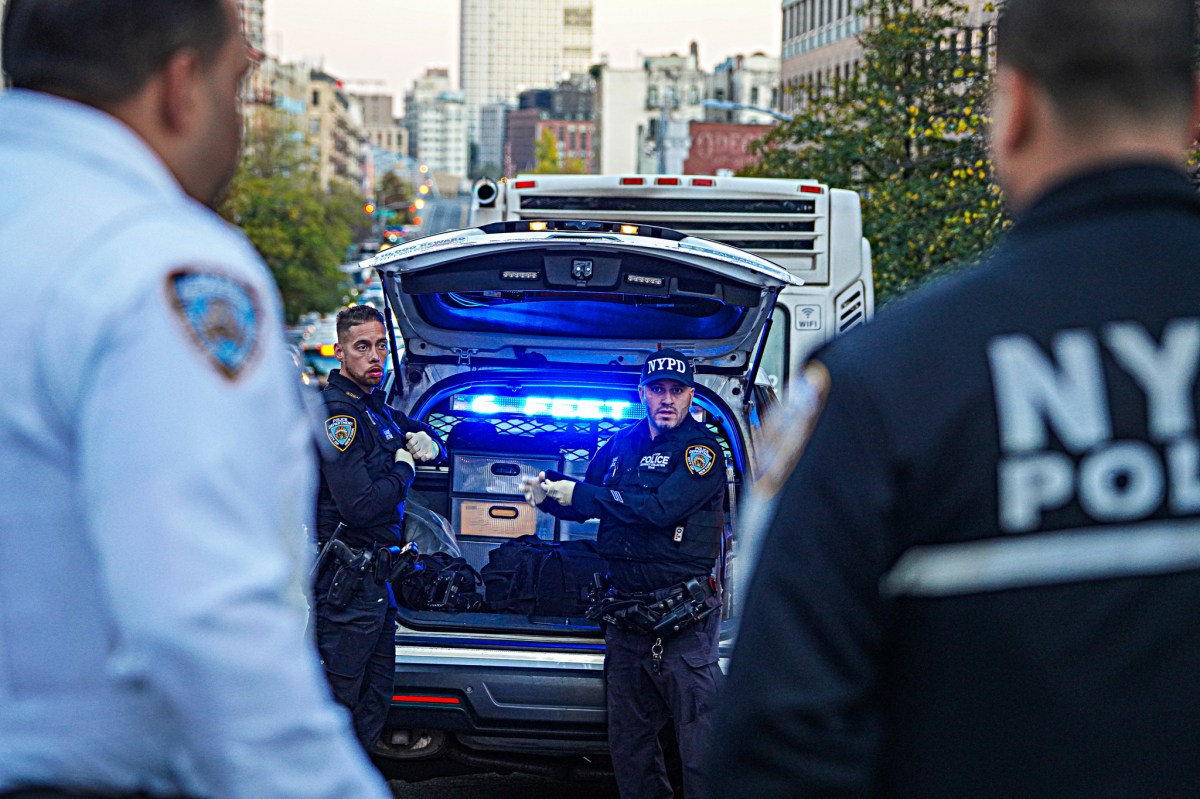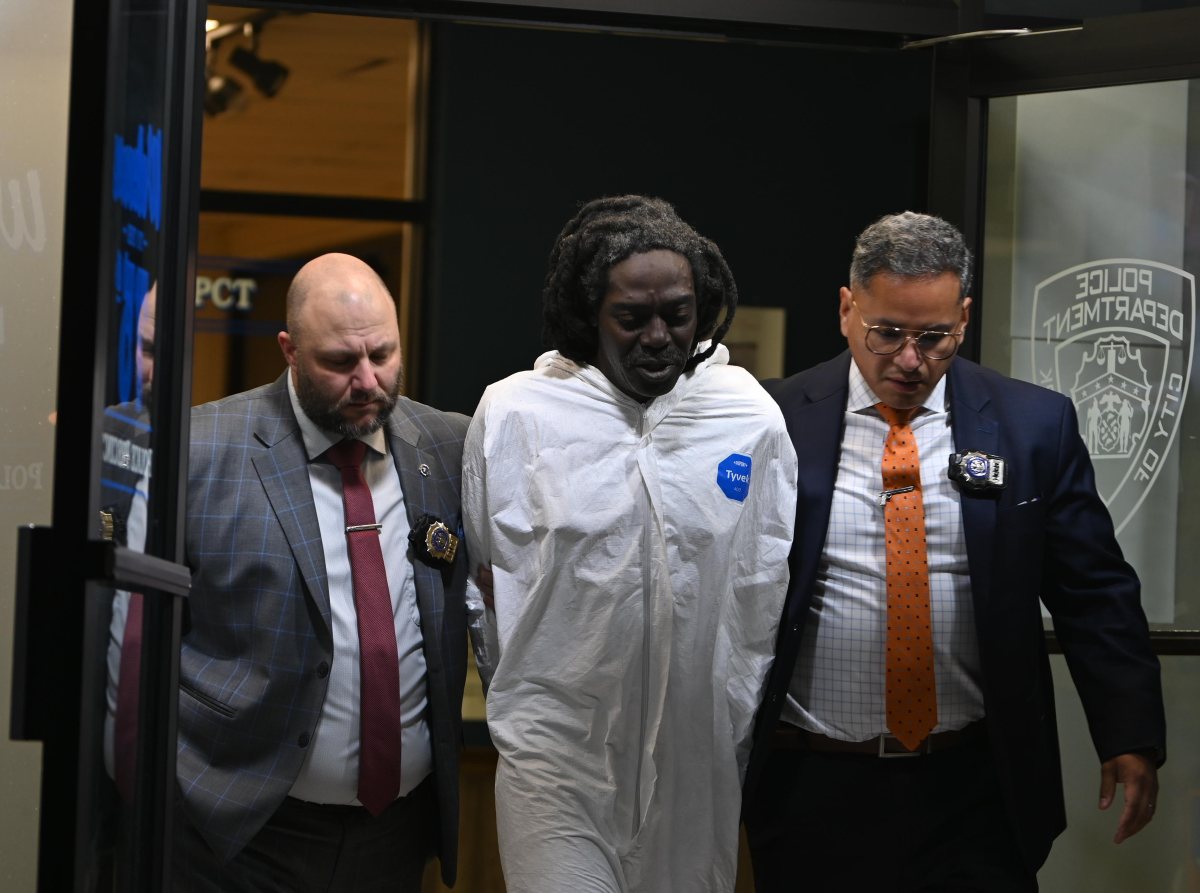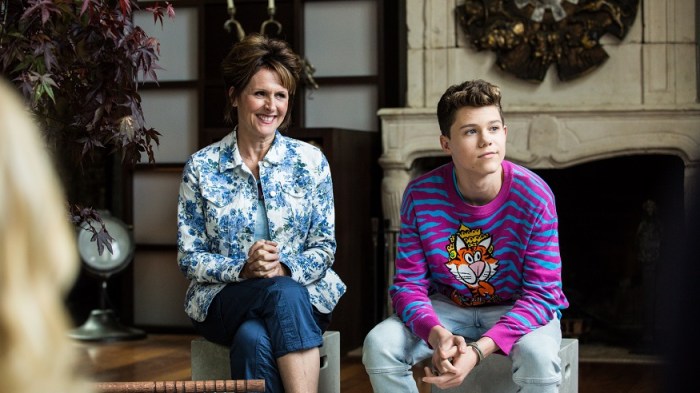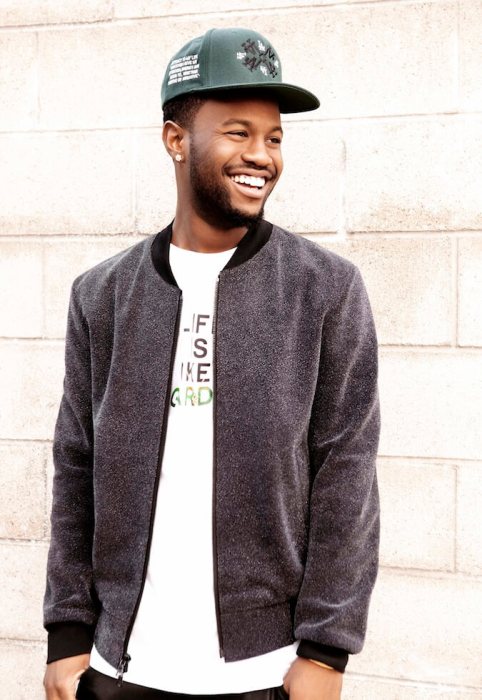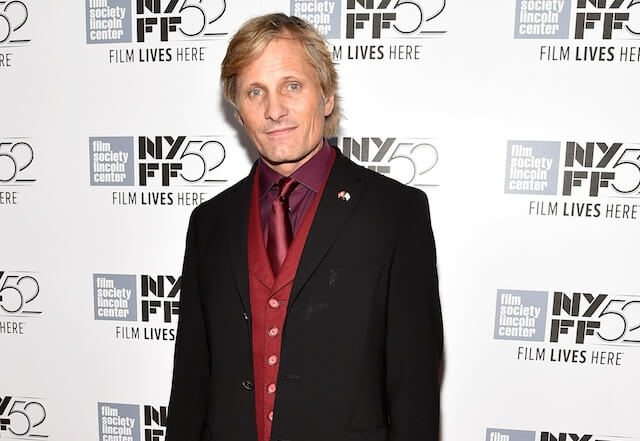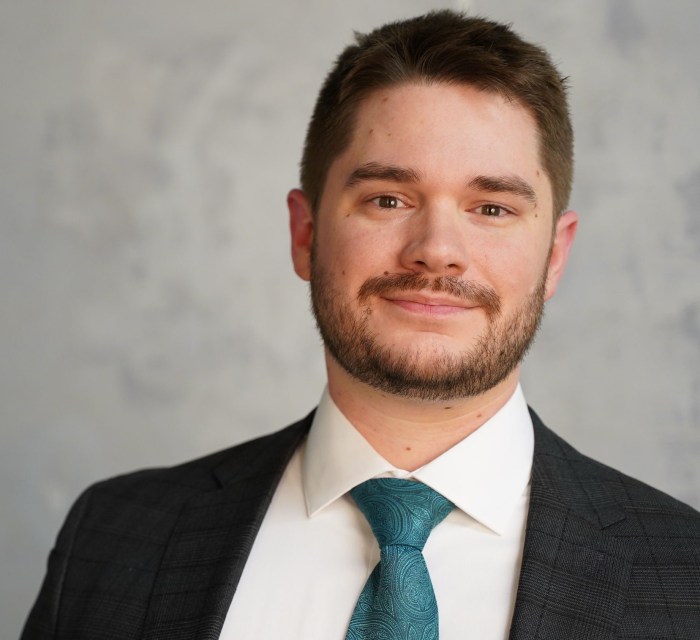America Ferrera produced and helped develop “X/Y,” an ensemble indie drama written and directed by her husband, Ryan Piers Williams. But she wasn’t always supposed to act in it. In fact, they both did, playing a couple who split in the opening scene after her character, Sylvia, reveals to his character, Mark, that she cheated on him. Not that you should be worried it reflects any problems with their marriage. Apart from it being a film made by your husband, what attracted you to the material and this character?
What compelled me was the search for intimacy, and how that becomes increasingly challenging in a culture where we make constant connections with the outside world. Yet there’s this loneliness that doesn’t necessarily get remedied by that. [All the characters] are on journeys to find true intimacy, but Sylvia’s was much more personal. She’s very lonely and her journey’s very much about her relationship to herself, and how that was stopping her from having true intimacy in her romantic relationships and her friendships. That felt really true for the modern day. What is your working relationship with your husband like?
We met working, and working together has always been a big part of our relationship. Often when we’re working together we’re completely consumed by what we do anyway. To be completely consumed by the same project and be on set together in the long run becomes quite a bonding experience. When it came to discussing playing a couple in the film, we though there would be a built-in intimacy and history in terms of body language — the kind you see in people in a long-term relationship that’s hard to fake. What is it like making a dark relationship movie with someone with whom you’re in a relationship?
We’re both people who dive in and make the work feel personal. The relationships depicted aren’t by any means biographical, but they are inspired by the challenges we face in our relationship and challenges we’ve observed other friends facing in theirs. The hope was to hit a nerve and make it feel raw and real to people who are watching it, who can say, “Yep, I recognize that kind of bad sex.” [Laughs] But there is a scary element of writing about those experiences and putting them out there. Some people may look at it and project, saying, “Oh, wow, we hope America and Ryan are doing OK!” [Laughs] You both spend parts of the film getting intimate with other actors.
It’s incredibly technical, to be honest. We relate to each other professionally on the set. It’s a good boundary to have in any relationship: to maintain that respect for somebody’s creative space and someone’s process. We have a deep amount of respect for each other. We’ve both been put in this position; we’ve been on both sides of it — being the one doing the sex scene, being the one watching the sex scene. We have a shared experience. There is a lot of sex in this movie, but it’s not about sex. It’s about intimacy. The moments of true intimacy in the film are not the moments where sex is being had. Most these characters are using sex and other things that feel like connection to avoid a different kind of connection. The sex scenes are always about something bigger than a sexy sex scene. There’s also a marked difference between how the female characters interact, which is very open, and how the men interact, which tends to emotionally remote.
There are expectations and stereotypes about female relationships, but those exist in male relationships too, and sometimes those are emotionally stifled. To watch these two male characters [played by Williams and Jon Paul Phillips] struggle with the need to connect and struggling with what they’re culturally allowed to want from one another — that all comes from our need to label and box in and explain our relationships in every single way. Ryan really blurred those lines as much in the male relationships as in the female relationships. There’s a feeling that there is more diversity in mainstream entertainment — that women and minority are finally getting key roles in the business. Do you sense this is true?
There’s no doubt we’re moving in the right direction. But there’s a long way to go. One area I am particularly passionate about is the creation and development of content — not just diversity in front of the camera, but diversity behind it, whether that be people of color or women or people from parts of the country or the world who are not often sharing their experiences. The more people we get behind the camera and tell our stories, the more the nature of what makes it onscreen will feel new and fresh and more dimensional. It’s not always a question of how many Latinos are on television shows or how many women get leads.
Interview: America Ferrera on ‘X/Y,’ working with her husband and sex scenes
Follow Matt Prigge on Twitter @mattprigge







